It may seem surprising that a doctor can diagnose obstructive sleep apnea (OSA) simply by asking a series of questions rather than relying on a high-tech overnight sleep study. But in healthcare, clinical interviews are often as effective as complex testing methods for identifying a range of conditions. Just as migraines, erectile dysfunction, and menopause are diagnosed primarily through patient history and symptom reporting, OSA can often be accurately diagnosed using clinical questionnaires, saving patients time, cost, and unnecessary complications.
Understanding Pre-Test Probability in Sleep Apnea Diagnosis
Pre-test probability is a fundamental concept in healthcare that helps determine how likely a condition is to be present before conducting any diagnostic tests. For example, a 60-year-old man with chest pain while shoveling snow has a high pre-test probability of coronary artery disease, while a 10-year-old with chest pain after eating a hot dog has a very low pre-test probability. In sleep medicine, the same principle applies. Most patients seeking evaluation for sleep apnea already have a high probability of having OSA based on their symptoms, such as heavy snoring, daytime fatigue, and observed pauses in breathing during sleep.
When it comes to diagnosing sleep apnea, about 80% of people referred for sleep medicine care turn out to have OSA. This number is even higher for men over 50 and individuals who are overweight or have diabetes. Essentially, the act of seeking evaluation for sleep apnea itself is almost a diagnostic indicator, as it has an 80% likelihood of being accurate. By leveraging the pre-test probability, healthcare providers can use simpler, questionnaire-based methods to make an initial diagnosis in most cases.
How Accurate Are Clinical Questionnaires for OSA Diagnosis?
Validated clinical questionnaires are designed to assess the presence of OSA-related symptoms, such as snoring, daytime sleepiness, morning headaches, and frequent awakenings. These questionnaires have been tested extensively in clinical settings and have been shown to offer a high degree of accuracy. Specifically, clinical questionnaires for OSA have a sensitivity of about 90% (meaning they correctly identify 90% of OSA cases) and a specificity of 70% (meaning they correctly identify 70% of people who do not have OSA).
This translates into an overall accuracy rate of around 86%. When compared to the 85-90% accuracy rate of overnight sleep studies, the results are strikingly similar. This means that for many patients, a detailed clinical interview is just as effective in diagnosing OSA as a more costly and time-consuming overnight sleep study. Not only does this save on healthcare costs, but it also makes the diagnostic process more accessible, especially for those living in areas where sleep centers are scarce.
When is an Overnight Sleep Study Still Necessary?
Although clinical questionnaires are highly accurate and effective in many cases, there are scenarios where an overnight sleep study is still recommended. For instance, if a patient presents with complex or severe symptoms, if their OSA is resistant to treatment, or if other coexisting sleep disorders are suspected, a traditional sleep study is needed for a more comprehensive evaluation. An overnight sleep study, either at home or in a sleep lab, provides more detailed information about a patient’s sleep patterns, oxygen levels, and overall sleep architecture.
Sleep studies can help identify other underlying sleep conditions, such as restless legs syndrome, periodic limb movement disorder, or central sleep apnea, which a clinical questionnaire may not capture. This extra information can be crucial for formulating a tailored treatment plan. For these cases, home sleep tests and lab-based polysomnography still serve as the gold standard for diagnosis and treatment planning. However, for straightforward OSA cases with a high pretest probability, a questionnaire-based diagnosis may be sufficient, streamlining the path to effective treatment and management.
Find Out If a Clinical Questionnaire is Right for You with Konk Sleep
Think you might have sleep apnea but hesitant about a full sleep study? Visit Konk Sleep to explore your options and take the first step toward better sleep and improved health, all without leaving your home.

